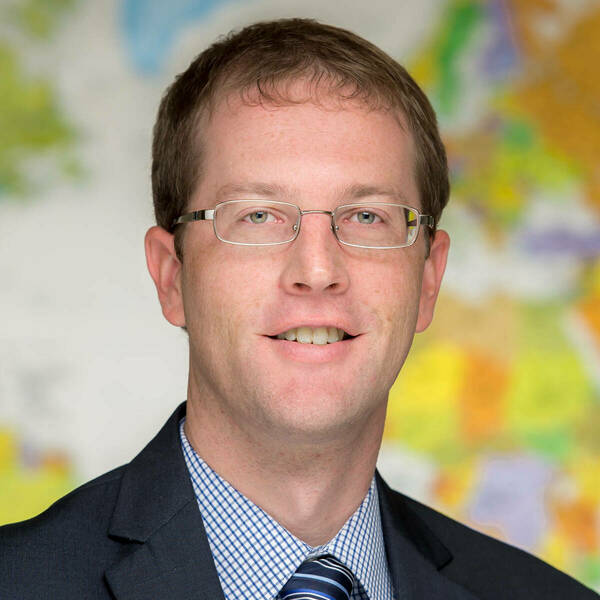
Tegucigalpa, Honduras. Copyright (2008) University of Notre Dame.
An article, co-authored in part by two researchers at the Notre Dame Initiative for Global Development (NDIGD), which examines the relationship between two social protective factors and violence involvement among Honduran young adults, has been published in the peer-reviewed journal, Development in Practice.
The article, “”https://www.tandfonline.com/doi/full/10.1080/09614524.2019.1659230">Evaluating social protective factors for violence involvement in Honduras,“ was co-authored by ”https://ndigd.nd.edu/people/faculty-staff/tom-hare/“>Tom Hare, a senior technical associate within NDIGD’s Innovation and Practice Division; ”https://www.researchgate.net/profile/Juan_Carlos_Guzman2">Juan Carlos Guzman, formerly a research and learning senior associate at NDIGD; and Laura Miller-Graff, an assistant professor of psychology and peace studies in the Kroc Institute for International Peace Studies. NDIGD and the Kroc Institute are both housed within Notre Dame’s Keough School of Global Affairs.
In the article, the researchers explore whether the two social protective factors—or, “mitigating factors that reduce the risk of offending”—of resilience and cohesion have any impact on an individual’s likelihood to become involved in violence, whether as a victim or a perpetrator. The researchers interviewed nearly 1,000 young adults from nine high-crime neighborhoods in and around Tegucigalpa, Honduras, as well as nearly 300 incarcerated individuals over the course of three months.
Within their sampled population, the researchers found that there were only weak associations between resilience and cohesion and violence involvement, while early behavior problems did have a greater association with current violence involvement.
“Overall, the association of protective factors with violence involvement appears to grow weaker the further a factor is from the individual level in the social ecological framework. It appears from these results that a programmatic focus on the relationship level (i.e. microsystem of family and close peers) holds more promise than a focus on the community level (i.e. neighbourhood and social system),” concluded the researchers. “Development programmes that intervene to increase resilience and cohesion and thus decrease violence through activities for youth, participation for adults, and improved spaces for public use in high violence areas may not reduce violence involvement. However, future research should explore other positive results of these programmes such as increased social capital, collaboration, and efficacy.”
“Given the prevailing theories of change and accepted practices of neighborhood-level interventions to reduce violence, we were quite surprised to see that they were not as associated in this case with victimization and perpetration as we thought,” said Hare. “As researchers and practitioners, we need to continue to challenge accepted paradigms and focus our efforts where the evidence leads us – in this case that is on the individual and their relationships versus their neighborhood environment.”
Hare’s research primarily examines the rule of law and human rights programs in Central America. His experience in design, implementation, and evaluation of international development programs includes work funded by the Department of State, U.S. Agency for International Development, United Nations, and private donors. Hare is the author of Zonas Peligrosas: The Challenge of Creating Safe Neighborhoods in Central America (Fordham University Press), which was released in 2018.
Development in Practice publishes eight issues per year and aims “to stimulate new thinking and ways of working related to development and humanitarianism globally. The journal brings together academic rigor and practical perspectives with knowledge of development, sharing ideas and experiences among practitioners, scholars, policy shapers, and activists.”
The Notre Dame Initiative for Global Development (NDIGD)—an integral part of the new Keough School of Global Affairs at the University of Notre Dame—works to address global poverty and inequality through policy, practice, and partnership.
Contact: Luis Ruuska, communications specialist, Notre Dame Initiative for Global Development, lruuska@nd.edu
Originally published by at ndigd.nd.edu on September 23, 2019.
